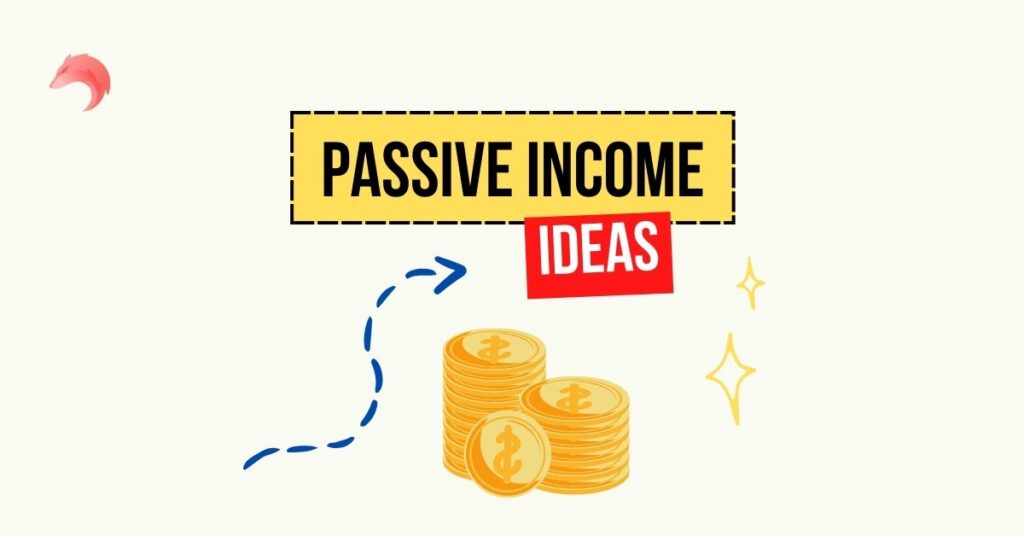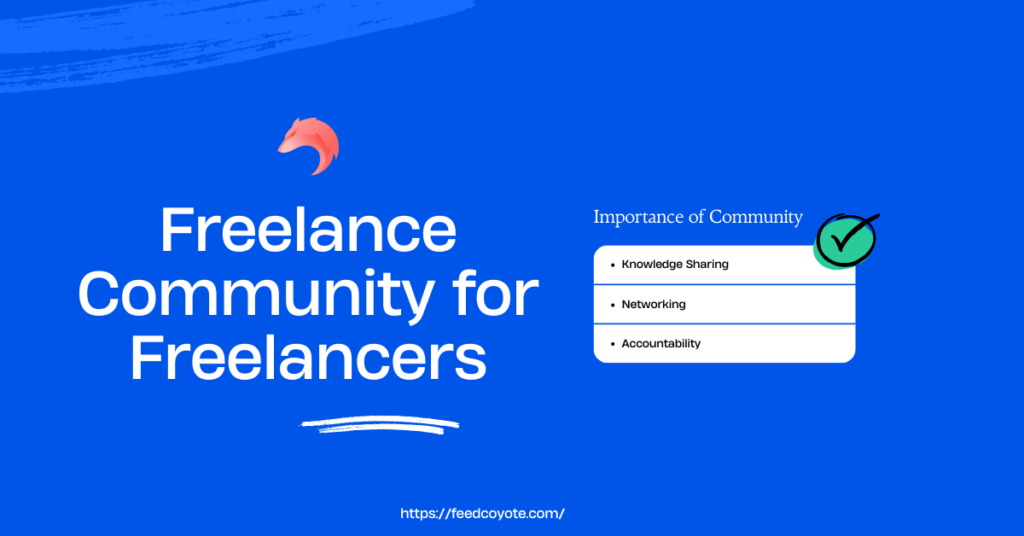Are you looking for answer of Is Freelancing worth it ? or not, Let us discuss it in detail. In the dynamic landscape of today’s job market, freelancing has emerged as a viable alternative to traditional employment. As we navigate through the intricacies of freelancing, it becomes imperative to analyze whether this career choice is truly worth the pursuit. Let’s delve into the pros, cons, success stories, and essential tips to help you make an informed decision about embarking on a freelancing career.
What is Freelancing
Freelancing, in its essence, involves working as an independent contractor rather than being employed by a single company. This arrangement allows individuals to offer their skills and services to multiple clients.
Rise of Freelancing in the Modern Economy
The gig economy and the rise of remote work have significantly contributed to the popularity of freelancing. With digital connectivity at an all-time high, professionals now have the freedom to choose when, where, and how they work.
Pros of Freelancing
A. Flexibility in Work Schedule
One of the most enticing aspects of freelancing is the flexibility it offers. Freelancers have the liberty to set their own working hours, enabling a better work-life balance.
B. Diverse Job Opportunities
Freelancers often have the chance to work on a variety of projects across different industries. This diversity not only keeps the work interesting but also allows for the development of a versatile skill set.
C. Independence and Autonomy
Freelancers enjoy the autonomy to choose the projects they want to work on and the clients they want to collaborate with. This independence can lead to a more fulfilling and personally satisfying career.
D. Potential for Higher Earnings
While income can be uncertain, successful freelancers have the potential to earn more than their traditionally employed counterparts. As expertise grows and a solid client base is established, freelancers can command higher rates.
Cons of Freelancing
A. Income Uncertainty
One of the primary challenges freelancers face is the irregularity of income. Without a stable salary, financial planning becomes a crucial aspect of freelancing.
B. Lack of Job Security
Freelancers don’t benefit from the security of a permanent position. The ebb and flow of projects can lead to periods of unemployment, requiring freelancers to be financially prepared for such situations.
C. Isolation and Loneliness
Working independently can be isolating, lacking the camaraderie found in traditional office settings. Freelancers need to proactively address feelings of loneliness through networking and community engagement.
D. Responsibility for Self-Employment Taxes
Unlike traditional employees, freelancers are responsible for managing their own taxes, including self-employment taxes. This requires careful financial planning to meet tax obligations.

Skill Development in Freelancing
A. Continuous Learning Opportunities
Freelancers often engage in a continuous learning process to stay relevant in their field. This adaptability is a key advantage, allowing them to evolve with industry changes.
B. Building a Diverse Skill Set
The diverse nature of freelancing necessitates the development of a broad skill set. From project management to marketing, freelancers become well-rounded professionals.
C. Adapting to Industry Changes
As industries evolve, freelancers must adapt to emerging trends. This adaptability is a valuable skill, ensuring continued relevance in a rapidly changing job market.
Challenges Faced by Freelancers
A. Finding Consistent Clients
Securing a steady stream of clients is a perpetual challenge for freelancers. Building a strong professional network and showcasing a robust portfolio are crucial in attracting consistent work.
B. Dealing with Payment Issues
Freelancers often face delays or issues with receiving payments. Establishing clear payment terms and using secure platforms can help mitigate this challenge.
C. Balancing Multiple Projects
While diversity in projects is a strength, freelancers must strike a balance to avoid overcommitting and compromising the quality of their work.
D. Staying Motivated and Avoiding Burnout
The absence of external motivation can lead to burnout. Freelancers must find effective strategies to stay motivated and maintain a healthy work-life balance.
Tips for a Successful Freelancing Career
A. Building a Strong Online Presence
Establishing a robust online presence through a professional website and social media can attract clients and enhance credibility.
B. Setting Clear Work Boundaries
Maintaining a balance between work and personal life requires freelancers to set clear boundaries and adhere to a structured schedule.
C. Investing in Continuous Education
Staying abreast of industry trends and acquiring new skills is essential for freelancers to remain competitive.
D. Networking within Freelance Communities
Joining freelance communities provides networking opportunities, support, and a sense of belonging in an otherwise solitary profession.
Freelancing Platforms
A. Overview of Popular Freelance Platforms
Platforms like Feedcoyote, and Freelancer offer a marketplace for freelancers to connect with clients. Understanding the strengths of each platform is crucial for success.
B. Choosing the Right Platform for Your Skills
Different platforms cater to various skill sets. Choosing the right platform aligns freelancers with clients seeking their specific expertise.
Balancing Work and Personal Life
A. Establishing a Healthy Work-Life Balance
Freelancers must proactively manage their schedules to avoid overworking and prioritize personal well-being.
B. Avoiding Overcommitment
While accepting projects is essential, freelancers need to assess their capacity to deliver quality work without overcommitting.
Future Trends in Freelancing
A. Remote Work Evolution
The continued growth of remote work is expected to influence the freelancing landscape positively.
B. Technological Impact on Freelancing
Advancements in technology, such as artificial intelligence and blockchain, will likely shape the future of freelancing.
Testimonials from Freelancers
A. Real Experiences from Freelancers
Hearing directly from freelancers about their experiences provides valuable insights for those considering this career path.
B. Insights into the Freelancer Lifestyle
Understanding the day-to-day life of freelancers can help prospective freelancers prepare for the challenges and rewards.
Making the Decision: Is Freelancing Worth It?
A. Personal Considerations
Individuals must weigh their personal preferences, financial goals, and risk tolerance before deciding if freelancing is the right fit.
B. Weighing the Pros and Cons
A balanced assessment of the pros and cons discussed earlier is crucial for making an informed decision.
C. Assessing Individual Career Goals
Aligning freelancing with one’s long-term career goals is essential for a satisfying and sustainable career.
Conclusion
A. Recap of Pros and Cons
Reflecting on the pros and cons presented in this article allows readers to make a well-informed decision.
B. Encouraging a Thoughtful Decision-Making Process
Freelancing can be a rewarding career choice, but careful consideration and planning are paramount for success.
FAQs
Q. Is freelancing a stable career option?
A. Freelancing offers flexibility but lacks the stability of a traditional job. Success depends on individual efforts and market demand.
Q. How do I ensure a steady income as a freelancer?
A. Building a strong network, showcasing a diverse portfolio, and using reliable payment platforms can contribute to a more consistent income.
Q. What skills are in high demand for freelancers?
A. Skills in digital marketing, programming, graphic design, and content creation are consistently in demand in the freelancing market.
Q. Can freelancers enjoy work-life balance?
A. Yes, freelancers can achieve work-life balance by setting clear boundaries, managing their schedules, and avoiding overcommitment.
Q. Are there risks associated with freelancing?
A. Yes, risks include income uncertainty, lack of job security, and the responsibility for managing taxes. Prospective freelancers should be aware and prepared.
In conclusion, freelancing offers a unique set of advantages and challenges. The decision to embark on a freelancing career should be guided by a thorough understanding of individual preferences, financial goals, and the commitment required for success.





